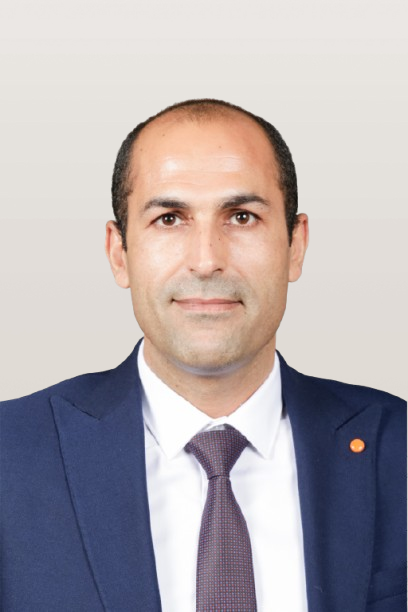
Adel Fathy
Dr
adel.fathy@ejust.edu.eg
Personal Info
01227413176
B10 - F2.19
Space Environment & Remote Sensing
Dr. Adel Fathy is an Associate Professor of Space Physics at the Egypt-Japan University of Science and Technology (E-JUST) and Fayoum University, Egypt. He holds a Ph.D. in Geomagnetism from Fayoum University (2017), with part of his doctoral research conducted in South Korea at Kyung Hee University, and a prestigious postdoctoral fellowship at the University of Liverpool, UK.
Dr. Fathy has authored over 26 peer-reviewed publications in high-impact journals, focusing on space weather, geomagnetism, ionospheric modeling, and lithospheric magnetic field analysis using satellite and ground-based data. He has been the principal investigator of three nationally funded projects, in addition to a member of one national project with a combined funding exceeding 5 million EGP. His expertise spans statistical analysis of satellite data (e.g., Swarm, COSMIC, Van Allen Probes), modeling ionospheric/magnetospheric dynamics, and crustal magnetic anomaly mapping.
He is an active reviewer for top-tier journals such as Advances in Space Research, JGR and IEEE Access, and supervises multiple PhD and MSc theses. With an H-index of 8 (Scopus) and 9 (Google Scholar), Dr. Fathy is a recognized expert in his field and contributes to international scientific communities like IAGA and COSPAR.
Dr. Adel Fathy's is specialized in Space Weather & its Applications.
His research focuses on ionospheric and geomagnetic disturbances, and the modeling of Earth's ionospheric and lithospheric magnetic fields using satellite and ground-based data. His work explores space weather phenomena-such as geomagnetic storms, plasma bubbles, and sudden commencements-and their ionospheric responses. He employs data from missions like Swarm, COSMIC, and Van Allen Probes for statistical analysis, climatological studies, and modeling. His interests also include earthquake precursors, ionospheric dynamics, and magnetic anomaly mapping over regional and global scales.



